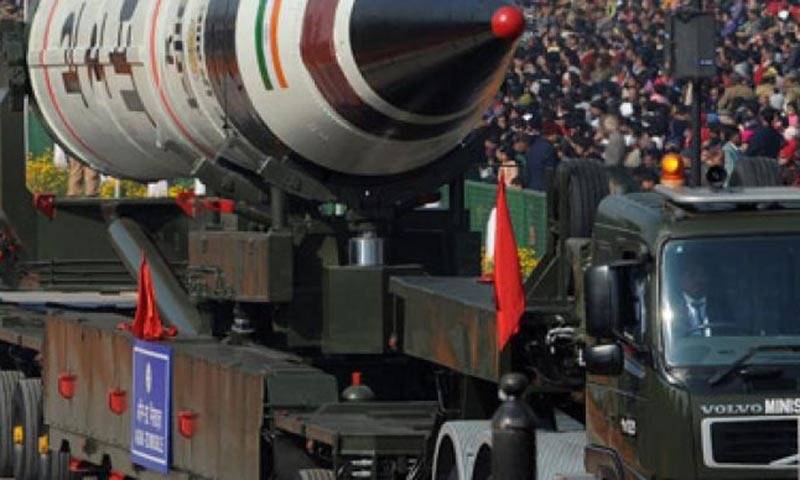India is seeking membership of the Nuclear Suppliers Group (NSG), a body designed to ensure that trade in civilian nuclear technology is not diverted to construct nuclear weapons, as India did in 1974, using civilian technology acquired from Canada; which incidentally led to the creation of the NSG. There are currently four nuclear states outside this body: Israel, Pakistan, India and North Korea. A key criterion for NSG membership is that a country is a party to and complying with the Non-proliferation Treaty (NPT) or a nuclear-weapon-free-zone treaty. Regardless of this fact, India has been making steady progress towards its goal. In 2008, US pressure led to the NSG granting a waiver to India relating to many requirements and safeguards, which paved the way for several civilian nuclear agreements to be signed. Full membership would be the next logical step and Prime Minister Modi is pushing hard for it.
Assuming that it receives full membership – a distinct possibility – it would be another catalyst in an already escalating arms race in the region. India, China and Pakistan are the biggest importers of conventional arms, as well as indigenous producers. Provision of technology, equipment and know-how, which has been denied to Pakistan, would further strengthen its sense of isolation on the global nuclear trade level. Prime Minister Nawaz Sharif sought Pakistan’s membership in the NSG at the Nuclear Security Summit in Hague earlier this year, while China wishes to make Indian membership of NSG conditional on Pakistan receiving a 2008-esque wavier too. The recent escalation in both countries nuclear programmes was sparked by India’s development of anti-ballistic missile technology, providing it with advanced technology and materials through the NSG membership would only fan the flame. These concerns are more serious considering that India has the weakest IAEA oversight regime amongst the major powers and it has no obligations under the NPT.
Saturday, April 20, 2024
NSG Membership

22 suspects arrested
April 20, 2024
RCCI chief for promoting law-abiding culture
April 20, 2024
Provision of quality education govt’s priority: KP minister
April 20, 2024
A Tense Neighbourhood
April 19, 2024
Dubai Underwater
April 19, 2024
X Debate Continues
April 19, 2024
Hepatitis Challenge
April 18, 2024
IMF Predictions
April 18, 2024
Kite tragedy
April 19, 2024
Discipline dilemma
April 19, 2024
Urgent plea
April 19, 2024
Justice denied
April 18, 2024
AI dilemmas unveiled
April 18, 2024
ePaper - Nawaiwaqt
Advertisement
Nawaiwaqt Group | Copyright © 2024





